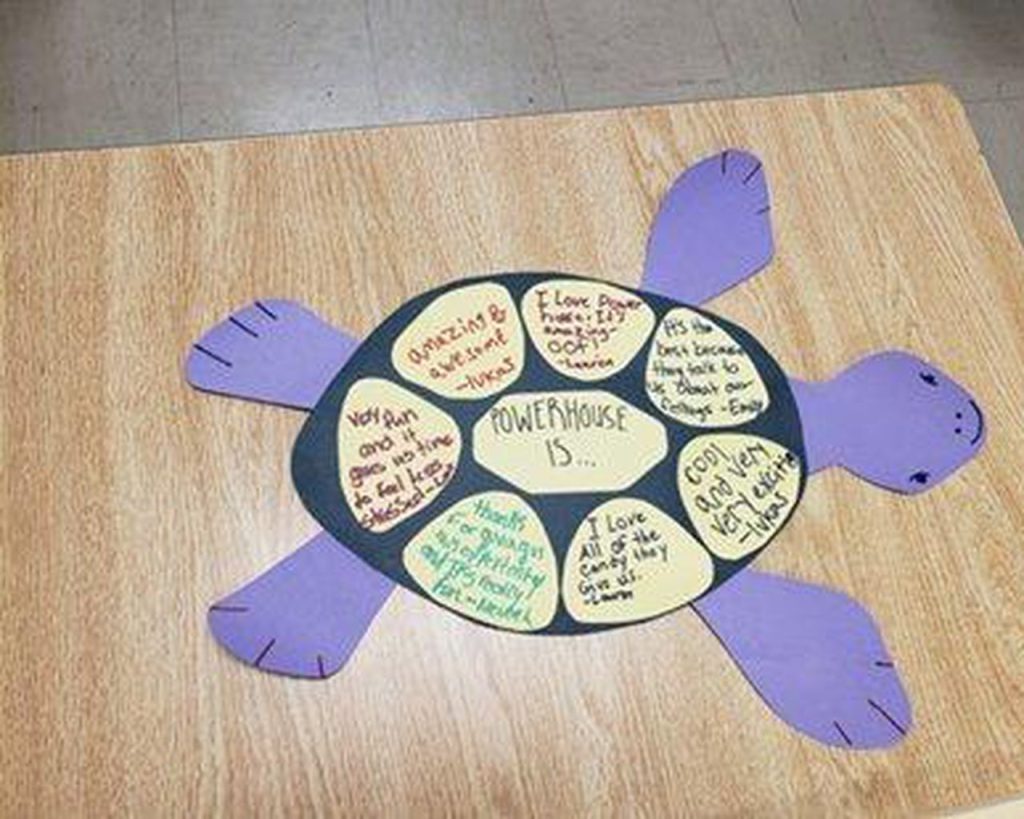
Over the years, the Young Caregivers Association has heard all the stories. Children and young adult caregivers spoke about their own experiences, wishing the adults in their lives knew more and did more. And the professionals working with young caregivers admitted to not understanding how best to help.
So for the association it wasn’t about whether there was a need for a knowledge centre, a central online platform with tools and resources designed to help and support a young caregivers’ life. It was well aware where the gaps were, and what caregivers needed. It was about figuring out the “guts of it” said executive director Michelle Lewis.
What did the content need to reflect to make it useful?
“The project started with interviews — we interviewed professionals from all different sectors, we interviewed young caregivers and got their input on what do you want … what do you want to see,” said Lewis. “It was really designed based on the input we got from the very beginning.”
For about a year, the Young Caregivers Association (through a Petro-Canada CareMaker Foundation grant) has been working on developing a go-to resource for young caregivers and the adults in their lives — specifically health-care professionals, social workers and people in community services.
Young caregivers are children and young adults, ages five to 25, who provide personal, emotional or financial support to a family member due to a chronic illness, disability, mental health concern, substance misuse or socioeconomic factor. The association said, in Canada, there are about 1.25 million young caregivers, of which many go unrecognized and unsupported.
By creating an online resource, Lewis hopes it will allow adults to gather information and “become more comfortable with acknowledging young caregivers, identifying them (and) engaging with them.”
The online centre has separate categories including health care, educators, social workers, young caregivers and parents of young caregivers, with resources tailored to the specific audience. It will also include virtual support programs available to any young caregiver in Canada.
“We’ve got young caregivers all around us here in Niagara and as adults, we need to open our eyes and make sure that these kids are OK and have the support they need. This affects all of us,” said Lewis.
Alongside the launch of the knowledge centre, and to bring awareness to young caregivers, the association is hosting a virtual panel, The Unseen Population: Giving a Voice to Young Caregivers.
“We all likely know a young caregiver, we just didn’t think of them before. So this is really shining a light on these quiet, hidden kids that are doing wonderful things for their families,’ said Lewis.
The panel includes voices from a range of sectors, including Dr. Health Chalmers, department head of Brock University’s child and youth studies.
Chalmers has spent 20 years researching and working with young caregivers, and is hoping research will allow for a better understanding of the needs and support required for those young people who have an increased amount of responsibility on their shoulders.
“I hope through this forum we can raise awareness that young caregivers exist and they play an important role within the family,” she said. “I also hope by bringing attention to this population, funding for support services can be offered throughout Canada.”
Also on the panel is Dave Peirce, mental health lead with the District School Board of Niagara.
Lewis said Young Caregivers has worked with Niagara’s school boards for the last eight years, originally as a pilot project with DSBN Academy. It has since expanded, creating Powerhouse In School, an eight-week program using specialized curriculum. The association works in collaboration with the mental health team and school administration to identify young caregivers — and providing an opportunity for young caregivers to recognize themselves — within their schools, and “bring the program to them.”
“It’s going to where they are. Their bums are already in the seats, we don’t have barriers with attending things after school,” said Lewis. “If we go to where they are in a safe, familiar place already, which is their school, it’s a win-win for everybody.”
The panel, moderated by Globe and Mail health reporter Andre Picard, will be held Wednesday, Feb. 22 at 6 p.m.
Additional panelists include James Janeiro, director of policy and government relations at the Canadian Centre for Caregiving Excellence, Megan Wright, executive director of Roger Neilson House and Rebekah Ann Norman, a young adult caregiver and PhD candidate at Brock University.
